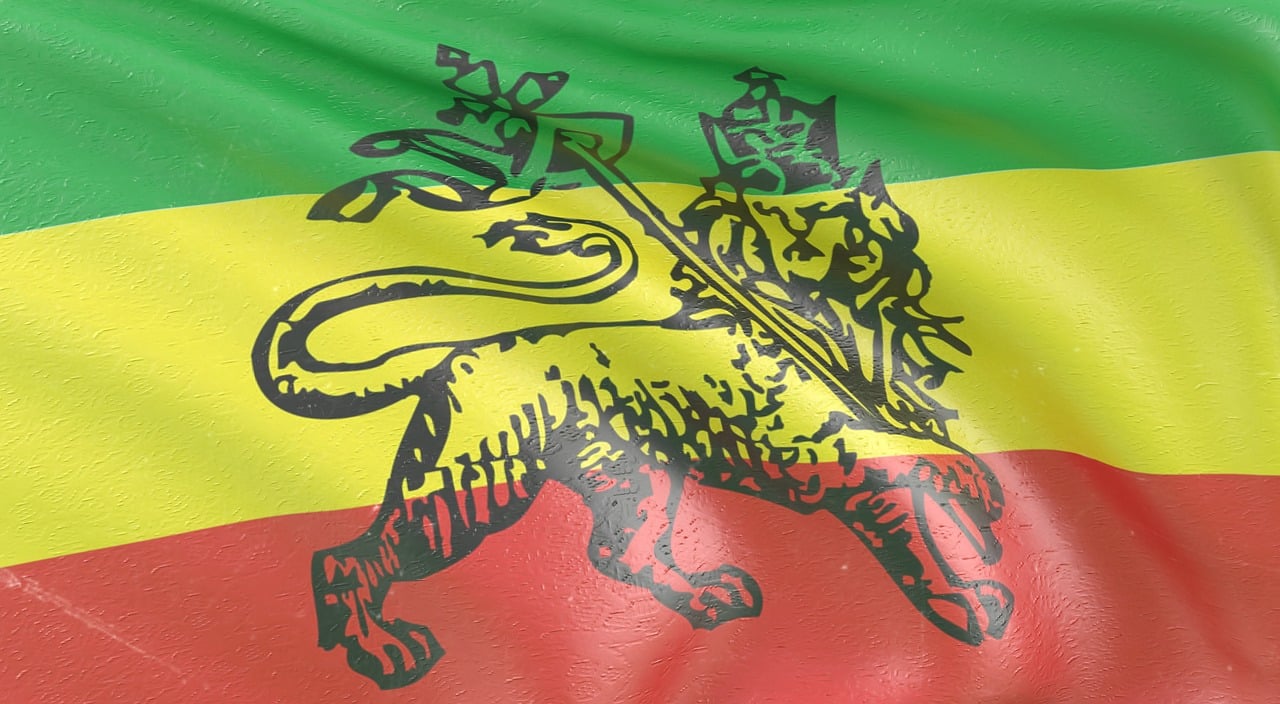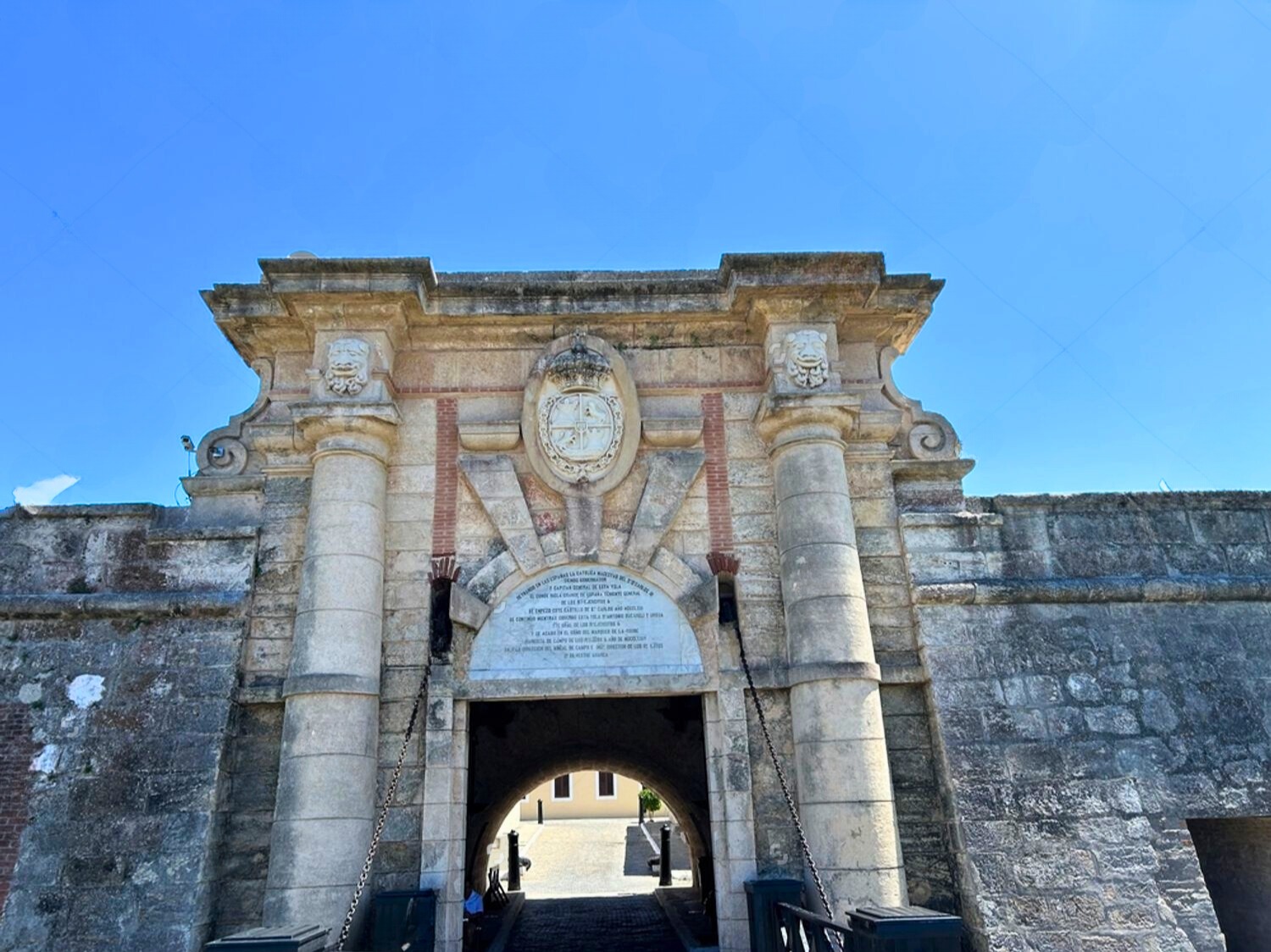Origins of Reggae Music
Reggae Music finds its roots in various musical genres, notably ska and rocksteady. In the 1960s, Jamaica experienced a musical evolution where ska, a fast-paced and danceable genre, dominated the scene. However, over time, artists began to experiment with slower rhythms and more socially engaged lyrics, giving birth to rocksteady. It was during this period that social, political, and spiritual themes began to emerge.
The term “reggae” itself was first used in the song “Do the Reggay” by Toots and the Maytals in 1968. This new musical style is characterized by syncopated rhythms, deep bass, and lyrics that reflect the realities of life in Jamaica.
Reggae Music, a true symbol of Jamaican culture, is much more than just a musical genre. It embodies the identity, struggles, and aspirations of the Jamaican people. Since its inception in the 1960s, Reggae Music has transcended geographical and cultural boundaries, touching millions worldwide. This article explores the history of Reggae Music, its evolution, the iconic Bob Marley, the impact of contemporary artists, and recent reggae festivals.
Bob Marley: The Icon of Reggae Music
No other artist embodies Reggae Music like Bob Marley. Born in 1945 in Nine Mile, Jamaica, Marley grew up in an environment marked by poverty and inequality. His music quickly became a platform for expressing social and political concerns. With his band, The Wailers, Marley released several iconic albums such as “Catch a Fire” and “Rastaman Vibration.”
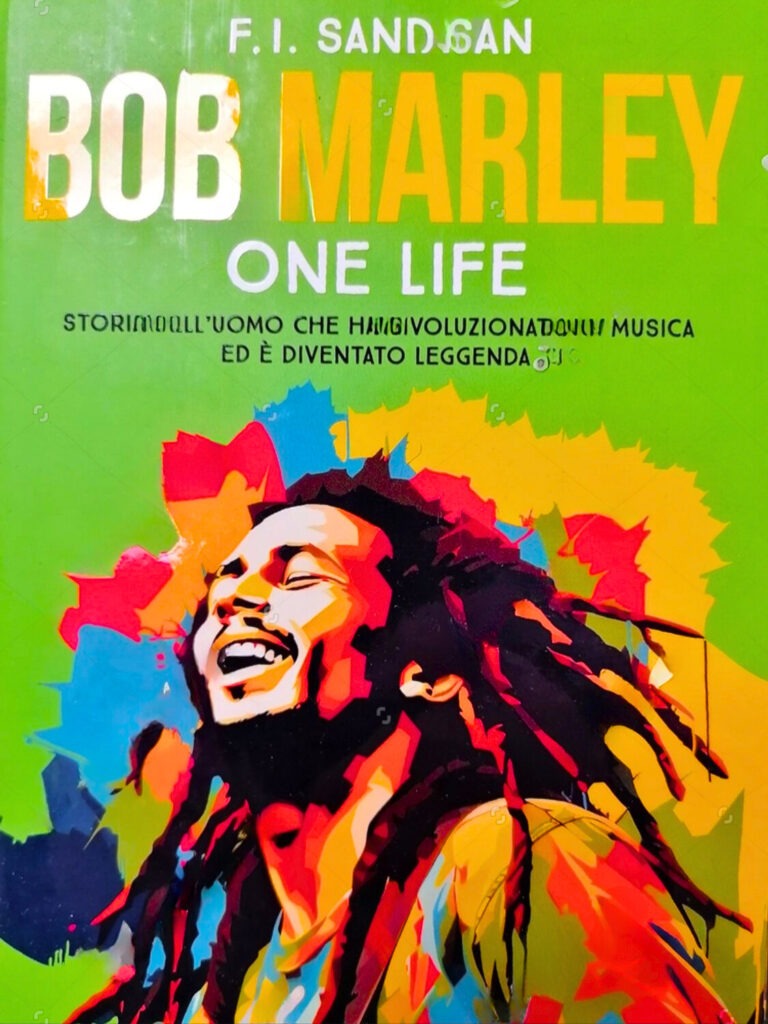
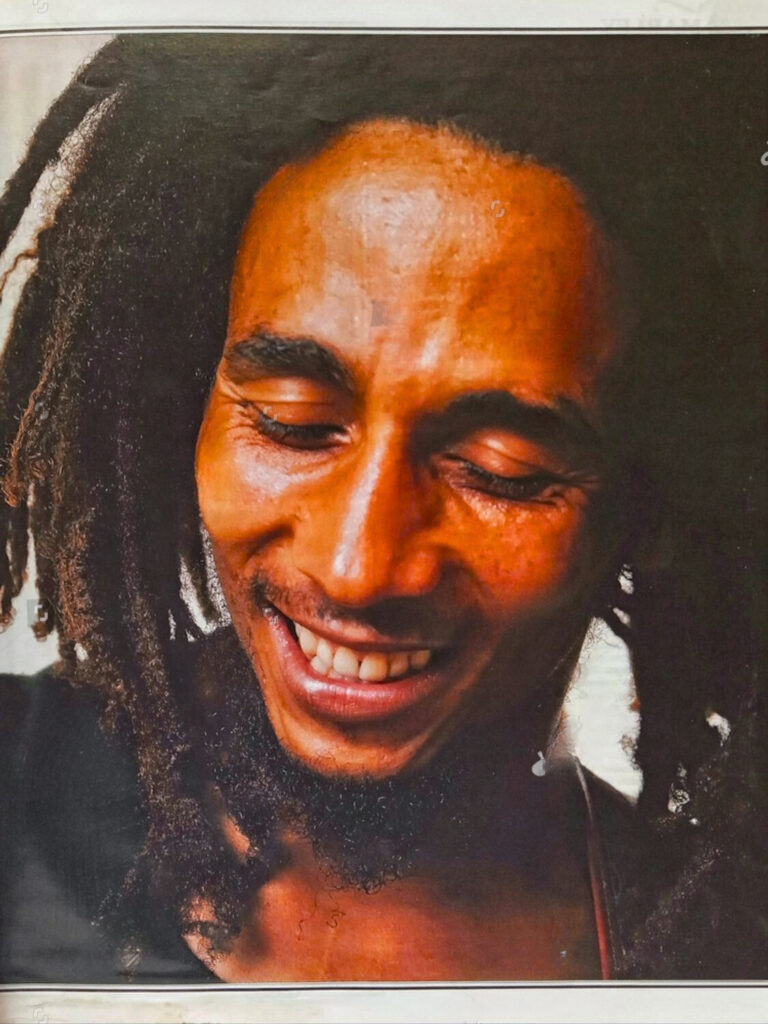
Marley’s lyrics speak of unity, peace, and resistance against oppression. Songs like “No Woman, No Cry,” “One Love,” and “Redemption Song” have become anthems for numerous social movements worldwide. By integrating Rastafarian spirituality into his music, Marley also helped popularize this philosophy on an international level. His universal message resonated with listeners from all walks of life, making him a spokesperson for the oppressed.
His performance at the Smile Jamaica reggae festival in 1976, while he was the target of an assassination attempt, showcased his resilience and commitment to music and his people. Marley passed away in 1981, but his legacy lives on. He was the first Jamaican musician to achieve worldwide fame, paving the way for many artists who followed.
The Evolution of Reggae Music
After Bob Marley, Reggae Music continued to evolve and diversify. Artists like Peter Tosh and Bunny Wailer, also members of The Wailers, carried on the reggae tradition while exploring new themes and styles. Peter Tosh, with songs like “Legalize It” and “Equal Rights,” highlighted strong political messages, advocating for cannabis legalization and human rights.
Modern Reggae Music Singers
Today, the Reggae Music scene is dynamic and innovative. Contemporary artists like Damian Marley, Bob Marley’s son, continue to explore Reggae Music themes while integrating elements of hip-hop and electronic music. His album “Welcome to Jamrock” achieved immense success, addressing social and political issues while staying true to its reggae roots.
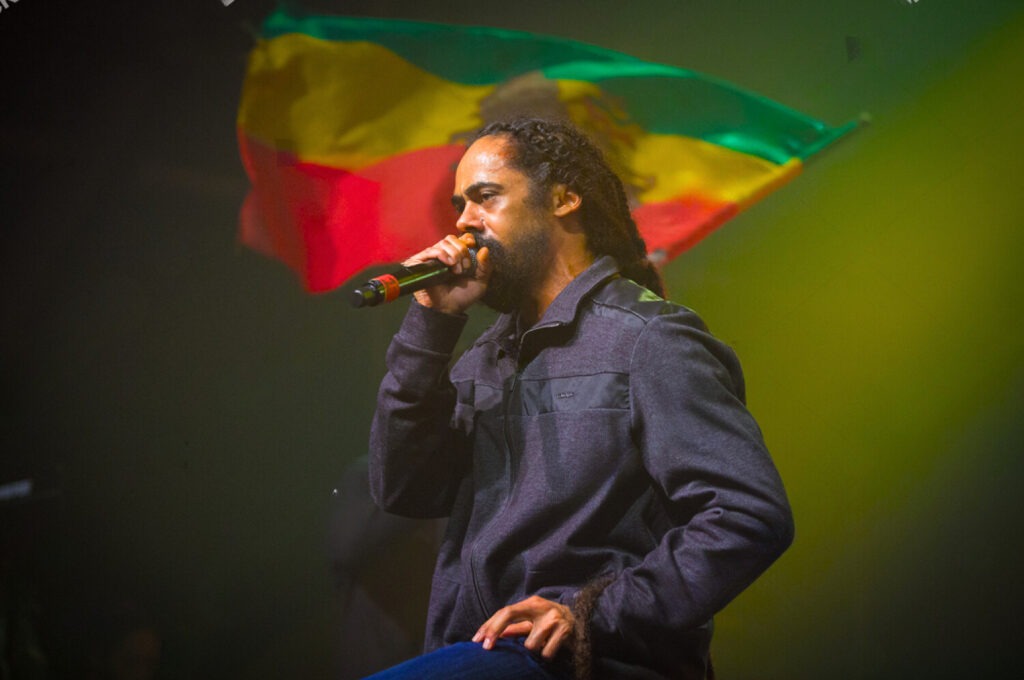
Another prominent member of the Marley dynasty is Stephen Marley. As Bob Marley’s son, he has made a name for himself with his music, combining traditional reggae and modern influences. Stephen has won several Grammy Awards for his solo albums, such as “Mind Control” and “Revelation Pt. 1 – The Root of Life.” His productions and collaborations with other reggae and reggae fusion artists continue to promote the genre globally.
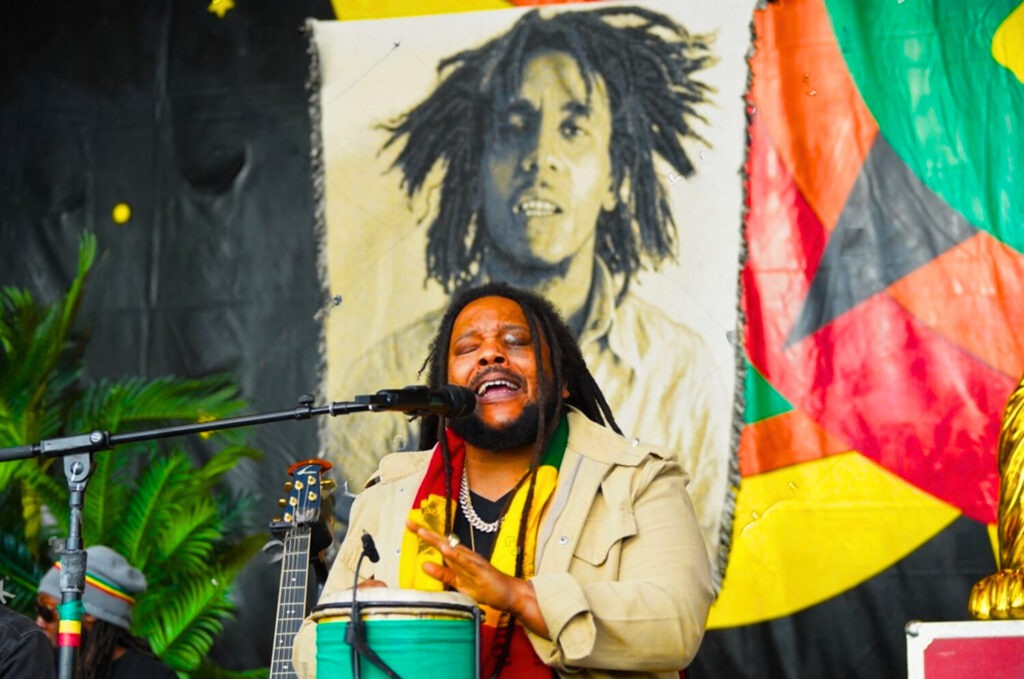
Other artists, like Protoje and Koffee, have also made their mark by integrating modern influences while preserving the essence of Reggae Music. Protoje, with his unique style, blends traditional reggae with hip-hop elements, while Koffee, a young prodigy, has captivated audiences with her sweet voice and powerful lyrics, even winning a Grammy Award for her EP “Rapture.”
Collaborations between Reggae Music artists and musicians from other genres have also become commonplace. Collaborations between reggae artists and international stars like Rihanna and Major Lazer have helped increase reggae’s visibility on the global stage.
Global Impact of Reggae Music
Reggae Music has had a significant impact beyond Jamaica’s borders. It has influenced numerous musical genres, including rock, hip-hop, and pop. Artists like The Police, Eric Clapton, and No Doubt have incorporated reggae elements into their music, contributing to the genre’s spread.
In 2024, several reggae festivals were held worldwide, celebrating this music and its heritage. Among them, the famous Reggae Sumfest, which took place from 14 July to 20 July 2024, in Montego Bay, Jamaica, attracted thousands of reggae fans, featuring performances from artists like Damian Marley, Protoje, and Koffee. This festival is considered one of the largest Reggae Music events globally.
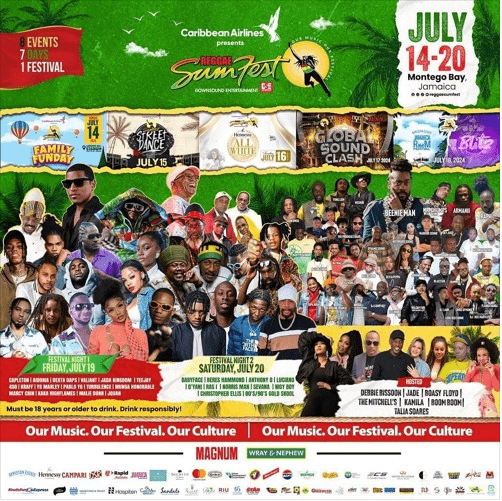
- Rototom Sunsplash (Spain): This iconic festival took place from 16 August to 21 August 2024, in Benicàssim, attracting thousands of reggae fans from across Europe. Artists like Jimmy Cliff and Ziggy Marley delivered memorable performances.
- One Love Festival (United Kingdom): took place from 02 August to 03 August 2024, this festival highlighted reggae and dancehall artists, gathering fans to celebrate love and unity through music.
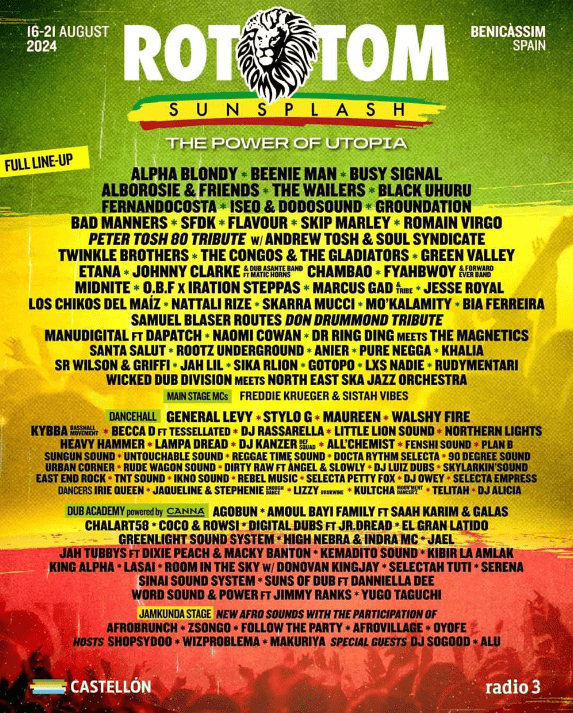
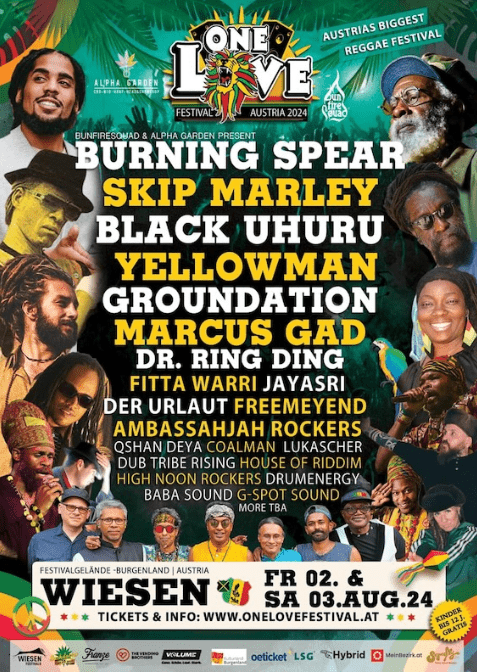
- We met Stephen and Damian Marley at the WCMF 2024. It was a memorable experience and a testament to the ongoing impact of reggae music on global culture.
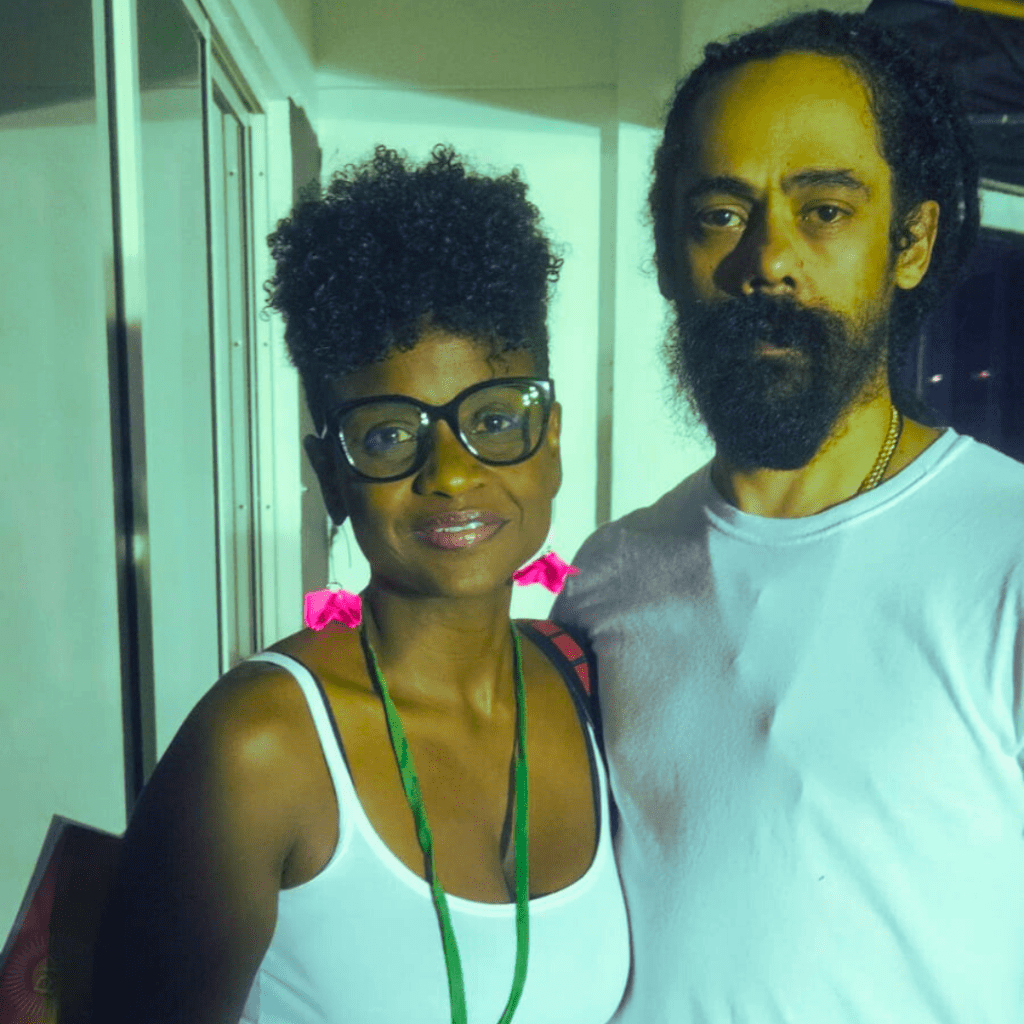
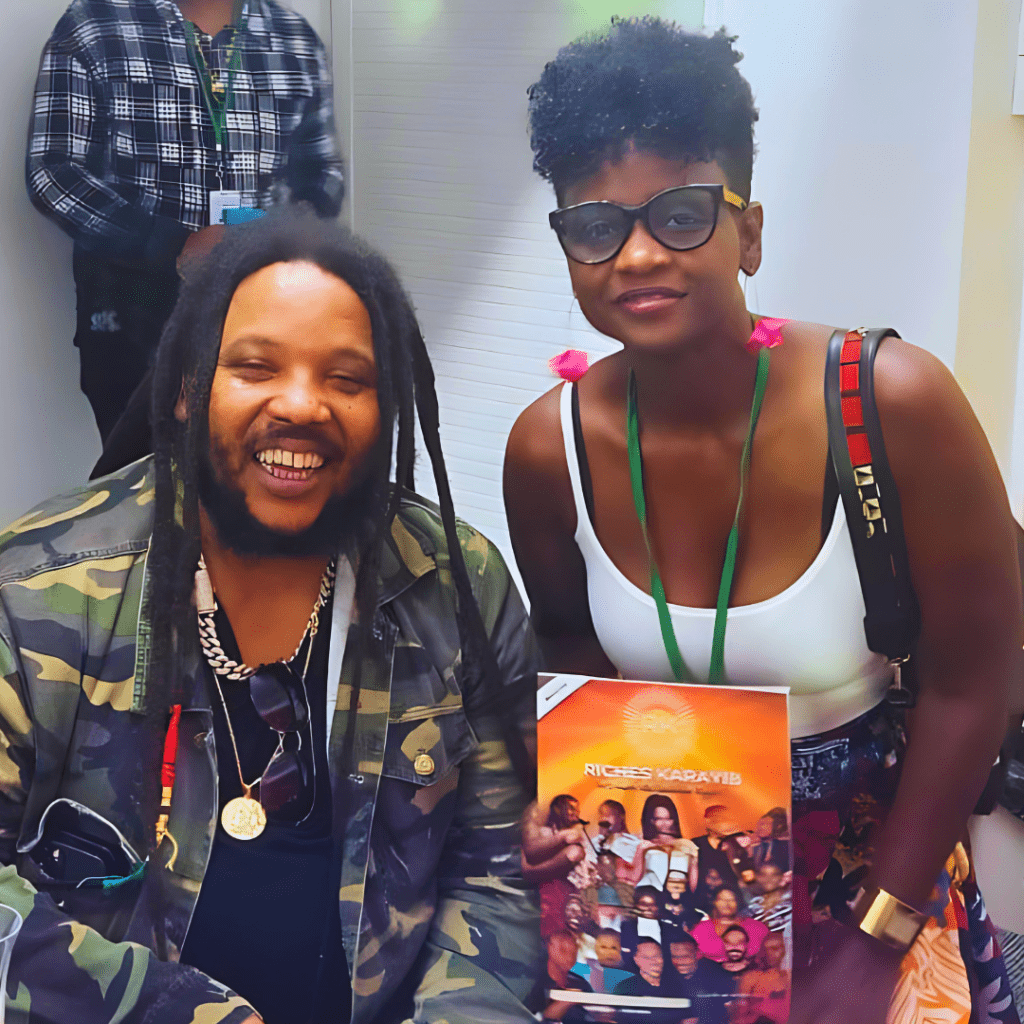
Reggae Music is more than just a musical genre; it is an expression of the culture, history, and struggles of the Jamaican people. With iconic figures like Bob Marley and a new generation of innovative artists like Stephen Marley, Reggae Music continues to evolve while staying true to its roots. Its global influence demonstrates its ability to touch hearts and transcend cultural barriers. As Reggae Music continues to develop, it remains a powerful voice for peace, love, and social justice worldwide.
Author: Tolotra Ratsimialison
no******************@gm***.com DOn't hesitate.

